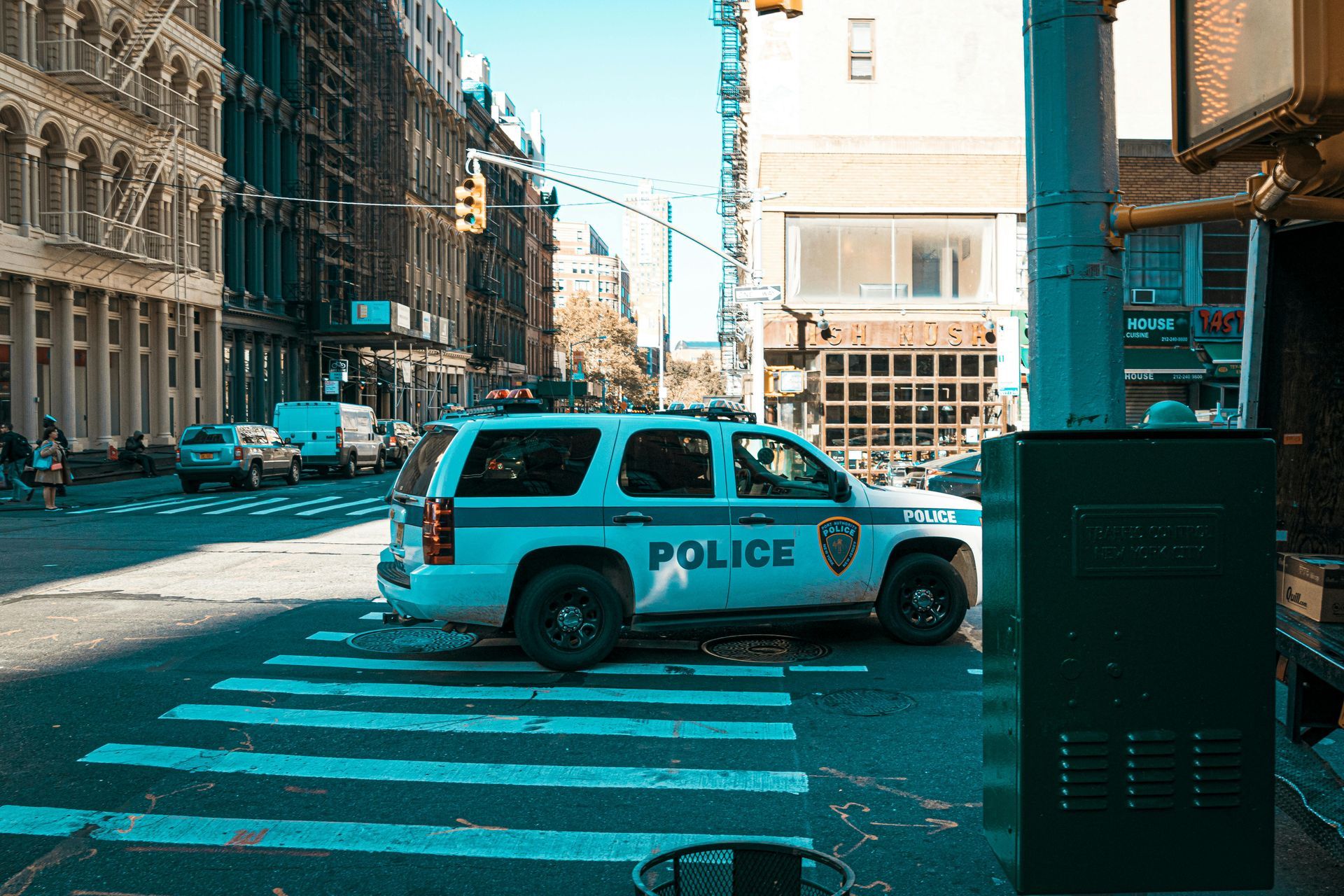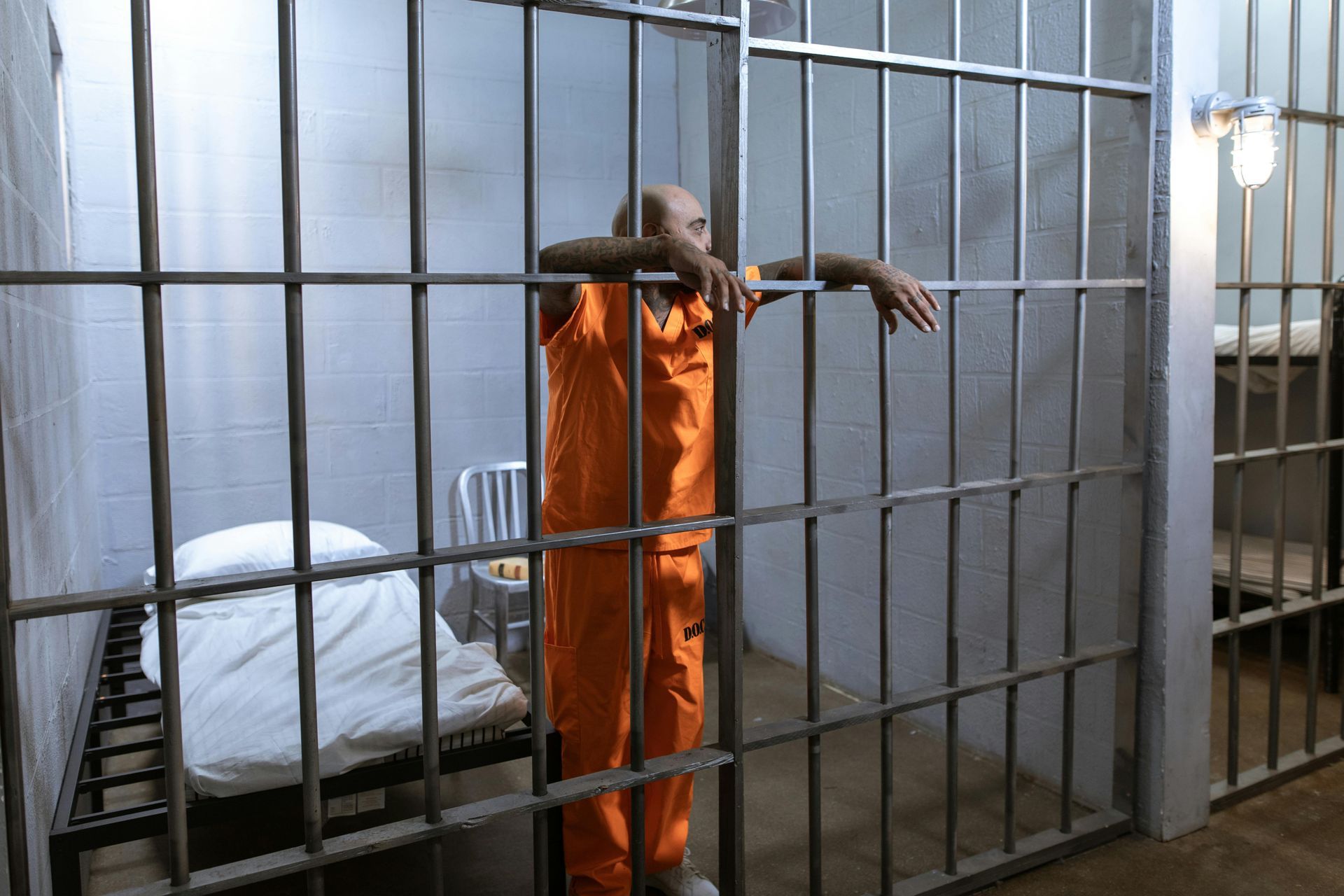Can You Refuse a Breathalyzer Test in Illinois?
Can You Refuse a Breathalyzer Test in Illinois?
When pulled over on suspicion of driving under the influence (DUI) in Illinois, you may wonder whether you can refuse a breathalyzer test. While it is within your rights to decline, doing so carries significant legal consequences under the state’s implied consent laws.
Understanding Implied Consent in Illinois
Illinois law operates under implied consent, meaning that by obtaining a driver’s license, you have already agreed to submit to chemical testing—including breath, blood, or urine tests—if law enforcement suspects you of DUI. If an officer has probable cause to believe you are intoxicated and requests a breathalyzer test, refusing can result in automatic penalties.
Consequences of Refusing a Breathalyzer Test
Refusing a breathalyzer in Illinois leads to immediate administrative penalties, separate from any criminal DUI charges:
- First Offense – 12-month driver’s license suspension
- Second or Subsequent Offense (within five years) – 36-month driver’s license suspension
Additionally, your refusal can be used against you in court as evidence of intoxication, and the prosecution may argue that you refused because you knew you would fail.
Are There Any Benefits to Refusing?
Some drivers refuse a breathalyzer hoping to avoid a DUI conviction, as the lack of direct BAC evidence can make prosecution more challenging. However, Illinois law allows officers to obtain a warrant for a blood test, and many DUI cases proceed successfully without breathalyzer results. Furthermore, refusal does not prevent arrest.
Seeking Legal Assistance
If you have been arrested for DUI or refused a breathalyzer test, legal representation is crucial. At Daniel G. Berry, Attorney at Law, we help Chicago residents navigate the complexities of DUI laws and work to protect their driving privileges. Understanding your rights and defenses can make a significant difference in the outcome of your case.










